Collaboration Projects
We work with leading scientists, universities and other organizations to answer questions that will advance Palau’s ocean conservation goals. Our collaborators join us from around the world and bring decades of marine research experience.
Professor Stephen Palumbi, Stanford University Hopkins Marine Station
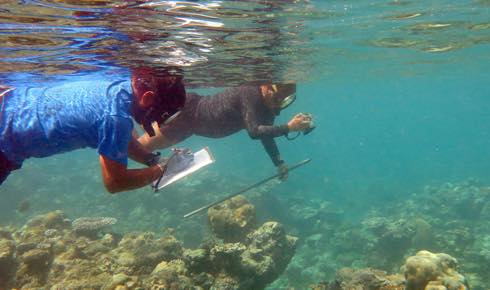
Since 2017, PICRC has partnered with Professor Stephen Palumbi to investigate how Palau’s corals are responding to rising sea temperatures. Working with PICRC researcher Victor Nestor, Dr. Palumbi’s lab deployed 200 temperature sensors at 40 field sites across Palau, and sampled corals from each site for heat stress experiments. Their results found a number of “heat resilient” corals that could withstand high temperatures, and identified areas of reef that showed broad heat tolerance. This work was supported by a grant from the National Science Foundation.
Professor Peter Mumby, University of Queensland
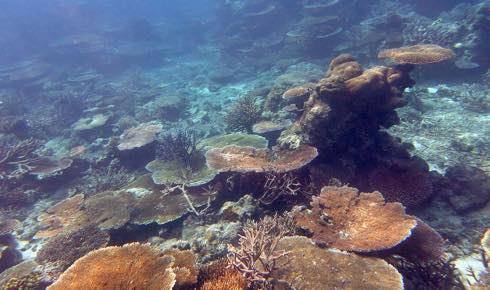
Dr. Peter Mumby, a professor in the Queensland University School of Biological Sciences, joined PICRC as an adjunct researcher in 2019 after collaborating with the Center for more than a decade. He has completed several major projects with PICRC, including monitoring coral reef recovery following Typhoon Bopha, quantifying the impacts of overfishing on herbivore fish populations, and investigating the effects of fishing pressure on grouper spawning aggregations. In 2010, he was named an Australian Research Council Laureate Fellow.
Korean Institute of Ocean Science and Technology
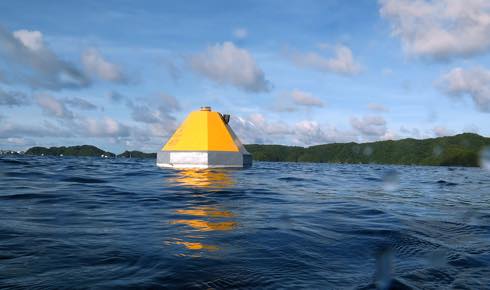
As part of PICRC’s ongoing efforts to study ocean acidification in Palau, the Center partnered with the Korean Institute of Ocean Science and Technology (KIOST) and the Koror State Government to install a 850-pound monitoring buoy in the Ngederrak Conservation Area. The non-invasive buoy constantly monitors the pH, water temperature, salinity and carbon dioxide concentration in the bay, providing critical insight into how Palau’s waters are changing over time.
International Atomic Energy Agency
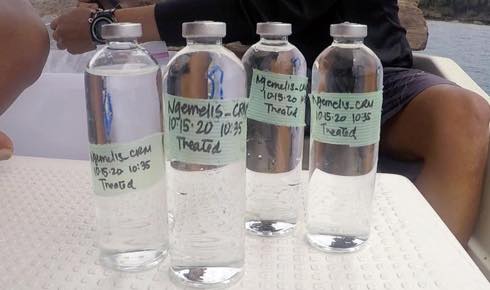
In June 2019, PICRC and the International Atomic Energy Agency (IAEA) began a four year project to increase the Center’s capacity to respond to ocean acidification in Palau. The project, which also includes Palau’s Ministry of Agriculture, Fisheries, and the Environment and Tourism and Ministry of State, will provide new lab infrastructure and technical training to measure the impacts of ocean acidification and produce new mitigation strategies. This collaboration will also support Palauan students studying ocean acidification at the graduate level.
Australian Institute of Marine Science – ReefCloud
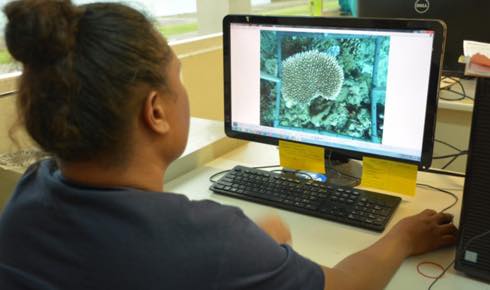
PICRC is collaborating with the Australian Institute of Marine Science (AIMS) on the development of ReefCloud, an online reef monitoring tool that uses facial recognition software and 3-D models to automatically identify coral species. PICRC has contributed its extensive reef monitoring data towards ReefCloud’s development, and we hope to incorporate the software into our upcoming field data.

